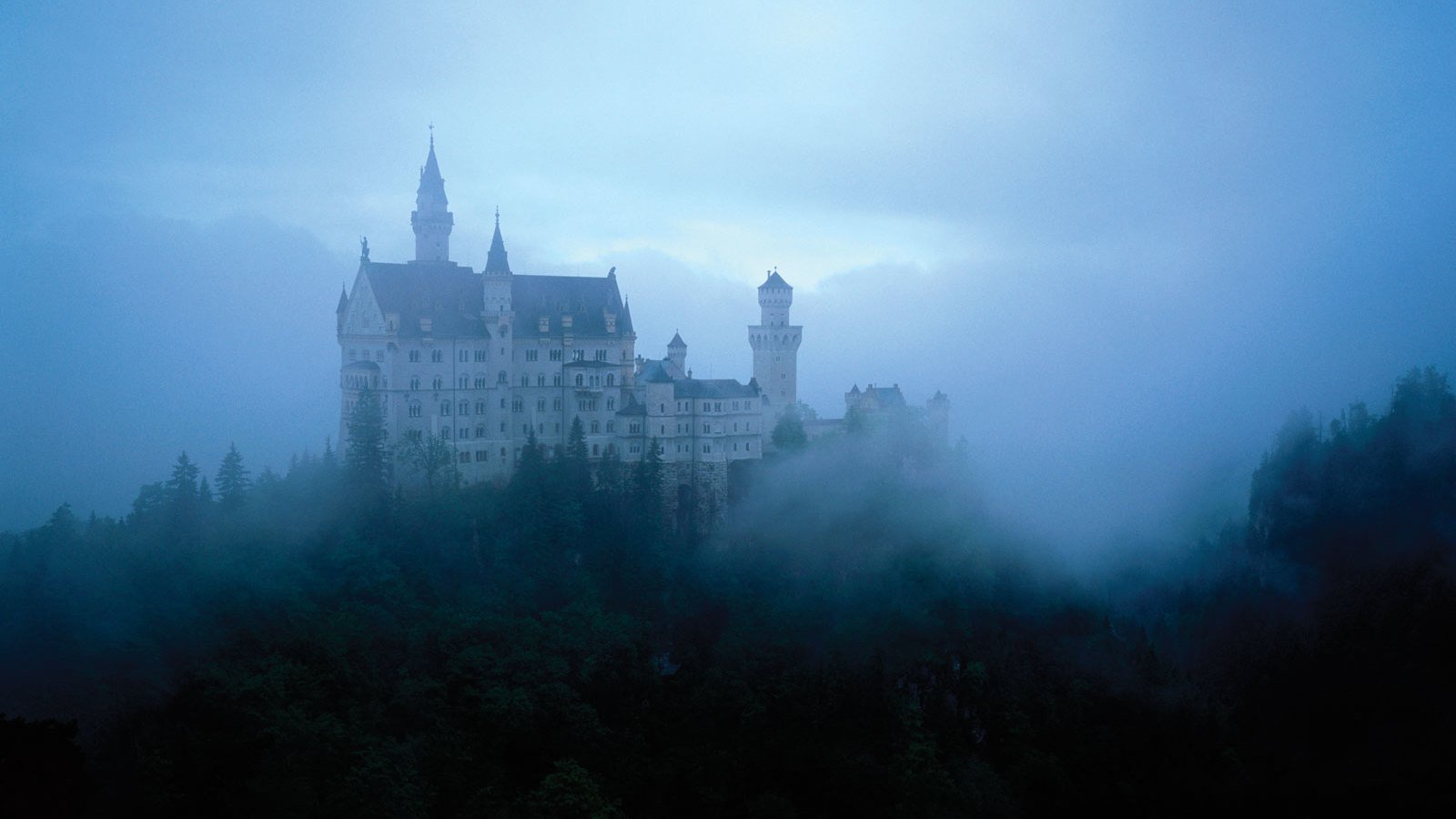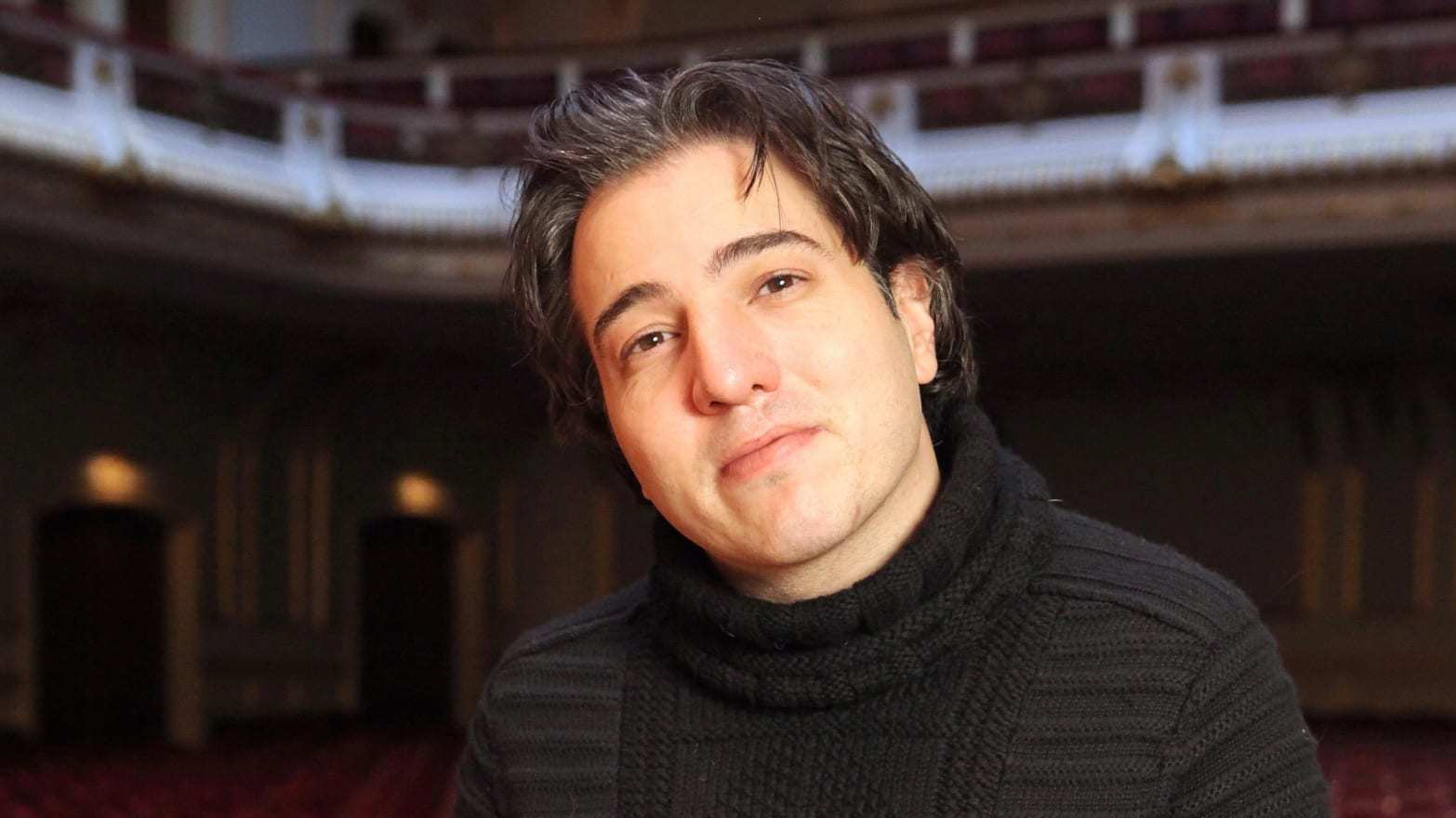Elgar’s “In the South (Alassio)”: Music from “The Garden of the World”
From Mendelssohn and Tchaikovsky to Richard Strauss, the sunny climate of Italy has been a source of inspiration for numerous composers on holiday. One of the most significant examples is Sir Edward Elgar’s blazing 1904 orchestral tone poem, In the South (Alassio), Op. 50. In November, 1903 Elgar and his wife traveled to the Italian Riviera where they planned to spend the winter. The composer was exhausted and needed to recuperate after …






